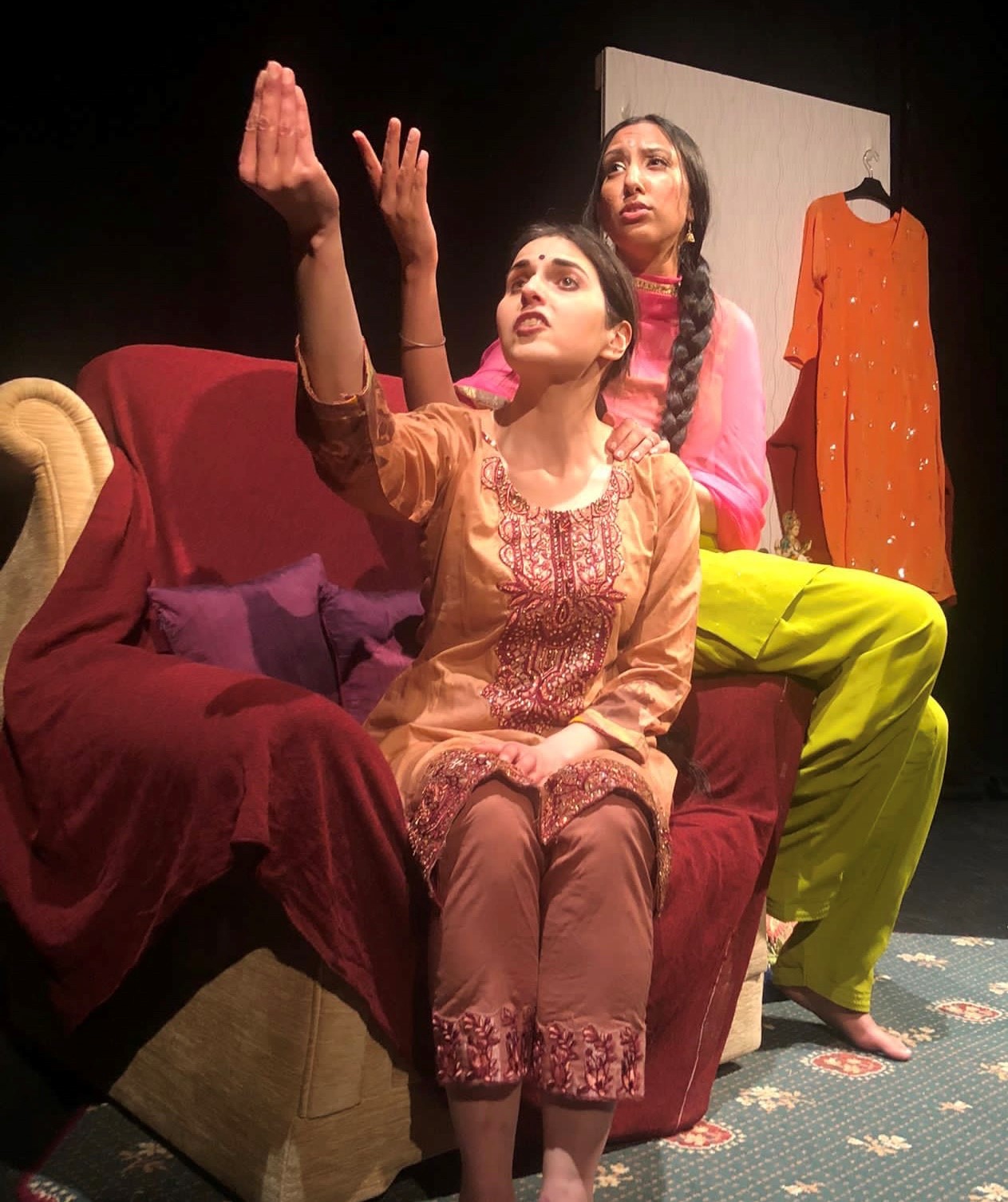
Culture Writer Ella Taylor reviews the wonderfully diverse Queen of Hearts, a play that examines our cultural aversion to ageing through the story of an ex-Bollywood star
When first imagining a play about the difficulties and disillusionment of ageing, one may immediately think it would be serious and wearying to watch. However, Queen of Hearts manages to perfectly balance the emotional aspects of the duologue with humour which resulted in no audience member leaving unsmiling. Queen of Hearts manages to perfectly balance the emotional aspects of the duologue with humour
My favourite aspect was how Lalita is juxtaposed with her younger, talented self throughout. The opening scene was extremely striking, with Aruna Kailey captivating the audience with her beautiful Bollywood dancing. Harmage Singh Kalirai and Ajay Dattani, director and assistant director respectively, do a great job of contrasting the women. One prominent example of this is their costumes, as present Lalita is dressed in minimalistic, brown clothes as opposed to Kailey’s striking red and blue saris. Moreover, another memorable detail: Kailey always performed in the full beam of the light, whereas Kapila’s face was often partially obscured by a shadow. These theatrical decisions helped to embody the dissatisfaction which present Lalita faced about not just her change in career, but also how society has changed, for example, the prevalence of social media and its artificiality. Although everybody performed superbly, the star of the show has to be Ravneet Sehra
Although everybody performed superbly, the star of the show has to be Ravneet Sehra who played three roles: Laali, Pragna and Timmy. Hilariously loud, Sehra capitalised off the audience in order to create witty characters. Whether she was instructing Lalita on how to navigate social media, or digging for salacious details as a television host, her characters provided the play with its witty humour. The intimate seating at the Midlands Art Centre was perfect, as she would frequently turn to the audience after telling a joke, making us all feel involved with the action on stage. Moreover, Sehra regularly requested participation, ranging from one member of the audience taking a photo of the characters, to everybody being encouraged to sing in unison. Not one person opted out of participating as we waved our arms in the air to Bollywood music. The atmosphere fostered during this play was inspiring and hopeful
The atmosphere fostered during this play was inspiring and hopeful. Whilst addressing pertinent topical questions, for example, Lalita stating that ‘she is not anti-man but pro women,’ Rukhsana Ahmad, as a writer, manages to strike a balance between ensuring her message is conveyed and creating a light-hearted and communal atmosphere. The play was commissioned by Sampad, a charity dedicated to representing South Asian Arts, and the diversity on stage was a refreshing sight. Queen of Hearts is the perfect watch if you are looking for a short yet entertaining story about accepting the difficulties which are accompanied by the passing of time, as well as an insight into how society can negatively behave towards those who are ageing.
Rating: 4/5
Enjoyed This? Read more from Redbrick Culture here!
Theatre Review: Dead Good – A Double Perspective
Comments